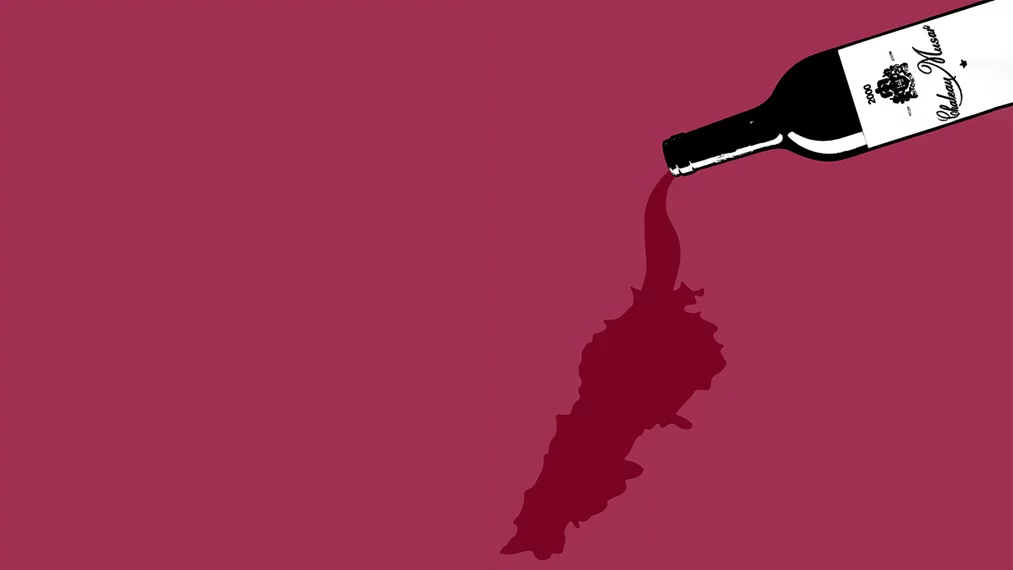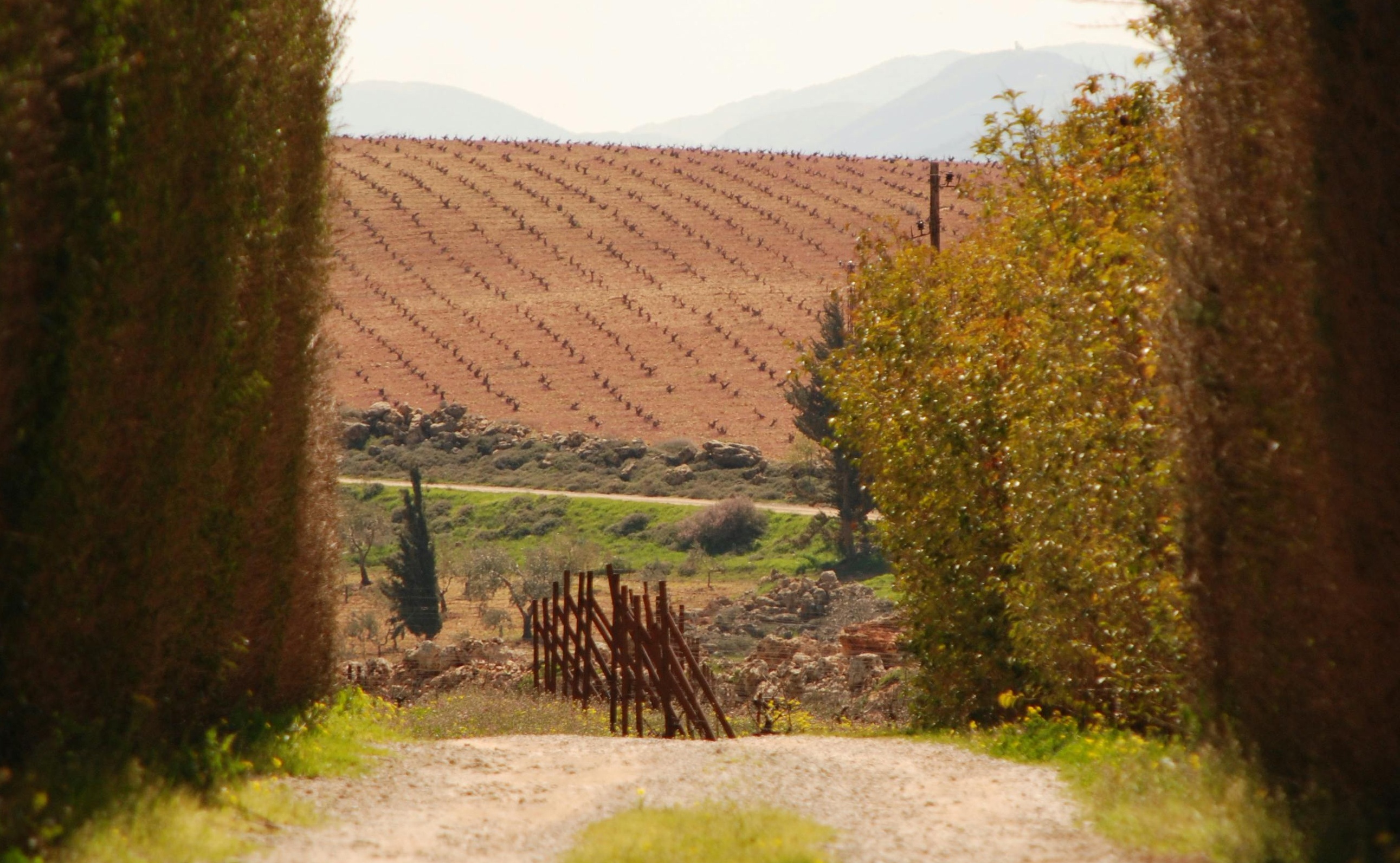Uncorking our potential
Uncorking our potential


Wine has helped many countries with tricky pasts. Chile, Argentina, South Africa and Georgia have all used wine to help blur the memory of brutal junta rule, death squads, apartheid, and the grinding greyness of the Soviet era.
Maybe “tricky” is putting it mildly. South Africa was a pariah state, subject to political, economic, and cultural sanctions; shunned by the sporting world; banned from the Olympic Games for 24 years, while Nelson Mandela was the global prisoner of conscience. That’s all gone. Images of angry shambok-wielding riot police have been replaced by rolling vineyards of Chenin Blanc and world-famous cuisine.
In Chile, between 1982 and 1990, the military dictatorship murdered over 3,000 people. In Argentina, over a similar period, the junta’s death squads killed 22,000 dissidents, writers, journalists, left-wing activists and other undesirables. Now it’s all about the Andes, steaks the size of breeze blocks and lashings of Malbec.
In the last 20 years, Lebanon has established itself as a bona fide winemaking nation and that wine showed our better side
And even in plucky little Georgia, with a martial Russia posturing on its doorstep, one could argue that the quirky amphora fermented wine, made from grapes we can hardly pronounce and which can be found on the world’s more thoughtfully-curated wine lists has kept Georgia on our mental radars as it struggles to avoid being once again sucked into Russia’s orbit.
But it’s not just countries with murky pasts that are harvesting the rewards. New Zealand, Australia and the US, hardly hell holes, have all been scrubbed up in one way or another by their wine industries. Australian wine is taken very seriously in a country once the preserve of sexist men in sweaty vests, surrounded by beer cans. Ditto New Zealand, once a cultural backwater and a place where the Royal family were scheduled to ride out a nuclear attack, and California’s Napa Valley, which has become synonymous with elegant Chardonnays and Pinot Noirs.
And so to Lebanon, which, as little as eight months ago, was at the mercy of the Israeli war machine and which, as we speak, “enjoys” a truce that could evaporate at any second.
 Photo by Nour Mounsef, Pexels
Photo by Nour Mounsef, Pexels
The wine that showed our better side
During the late summer of 2024, wine came to the rescue. It is no coincidence that the world’s press focused on its “brave” and “resilient” winemakers, who lived in the shadow of Israeli drones and the constant threat of random and not-so-random airstrikes.
Surely this is proof, if any were needed, that in the last 20 years, Lebanon has established itself as a bona fide winemaking nation and that wine showed our better side.
The trick is doing it properly. The industry must learn from the mistakes of the 2010s when the Ministry of Agriculture spent nearly $1 million to market Lebanese wine by hosting lavish, but useless events, in random capitals, the pick of the bunch being the 2013 Lebanese Wine Day at the Georges V in Paris. It was a chaotic masterclass in nepotism, waste, and incompetence. It cost a fortune and achieved nothing.
But done professionally, wine can deliver a feel-good factor, and the industry must take the lead if any public funding is again made available. Wine is after all Lebanon’s most high profile export, one with many assets at its disposal: the Bekaa Valley with the glorious temple of Bacchus in Baalbek; Byblos from where the Phoenician triremes, laden with amphorae of Bybline, then the Grande Cru of the ancient world, set out to sell to wealthy Romans and Greeks; the mountains with high altitude wines, the diversity of styles and varieties, a rich Francophone culture, and Beirut, with its whiff of louche glamour that even decades of war have been unable to totally shift. Throw in Lebanon’s fabled cuisine, sense of hospitality, tradition and generosity of spirit, you have a devastating combination of culture, civilization and conviviality.
Food for thought.


